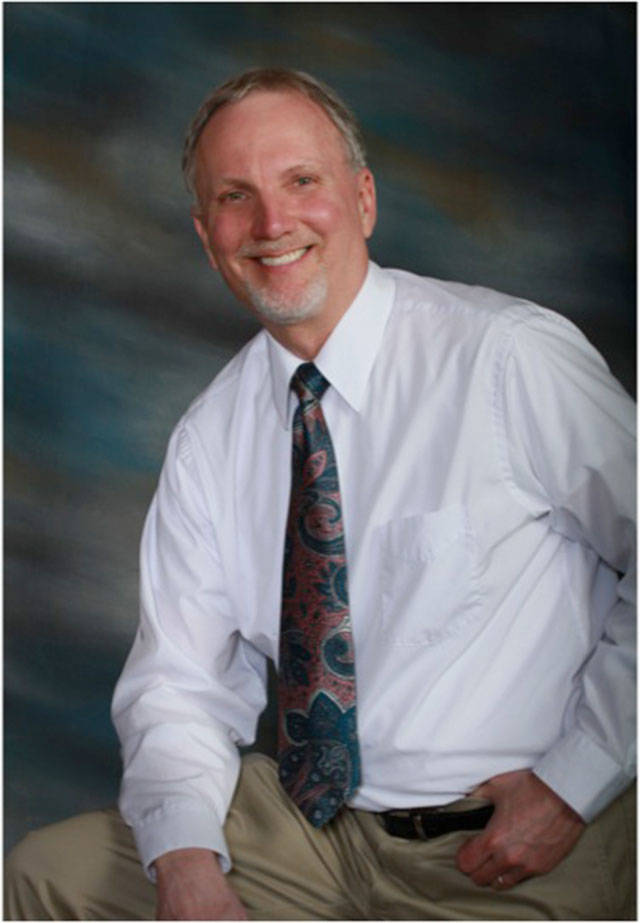Our democrat rulers have authority without accountability to overtax its citizens….The voters passed yet another initiative (I-976) by over a million votes to again reduce the license tab renewals down to $30…but it only took ONE liberal judge in King County to overturn the vote of the people and keep our fees high.”
The author of the above quote is an irate south Puget Sound resident (not Tim Eyman). He is wrong on two counts:
1) The judge, Marshall Ferguson, may be liberal, but he was elected by the majority of voters in his district. He represents the will of the people who elected him. He will be accountable to them in the next election.
2) The injunction to suspend I-976 is temporary. The initiative was meant to begin on Dec. 5. Due to the tight time-frame, the State Supreme Court who heard the case late last week was also unable to decide on the initiative’s state constitutionality. The Court, also made up of elected justices, affirmed Marshall’s stay. They all were concerned that by ending the car tabs, municipalities would lose significant tax revenue they would not be able to regain. If the validity of I-976 is upheld, the municipalities could return the money to the taxpayers at some future date.
Please note Enumclaw and areas outside of metropolitan Pierce, King, and Snohomish counties do not pay taxes to the current Sound Transit project (ST3). There is justified anger over I-976. Collateral damage to local governments is my concern.
Tim Eyman’s I-976 initiative is too broad in its scope. It’s using anger with Sound Transit to gut local representative government revenues. Enumclaw and other municipalities across the state are in danger of becoming collateral damage in Eyman and his supporters’ war with the State legislature and Sound Transit.
I served on the Enumclaw City Council for four years ending in December 2011. We tried to find a way to fund the paving and repair of our city streets. We never had enough money to be able to have a sensible maintenance program. The longer the streets were allowed to decay, the more expensive it would be to bring them up to an acceptable standard, costing the taxpayer more money in the long run. But, because of voter antipathy to taxes, most elected representatives hate to increase them because of their wrath at the polls.
A few years ago, the Enumclaw City Council (duly elected by Enumclaw voters) passed a yearly $20 car tab fee and a 0.1 percent sales tax increase to fix the city streets. (They were afraid if they didn’t vote for a $20 car tab fee, King County would take that taxing power for itself — use it or lose it.) If I-976 is upheld, the $20 car tab will cease. (The 0.1 percent sales tax will end in 2027 without another vote of the people.)
We are caught in a vice: If we don’t receive the $20 car tab fee, we won’t get well-maintained streets. We can’t have it both ways.
The framers of the U.S. Constitution tried to figure out the best kind of government. Their choice was between direct democracy—where citizens of a voting area decide for themselves how much they should tax themselves, and elected representatives who would to act on their behalf.
The framers chose representative government because they knew that government is complex, and the country was large and diverse. Direct democracy doesn’t work well except in small homogeneous communities. The average person doesn’t understand the complexity of government. As Barack Obama stated, being an elected representative is like trying to drink water out of a fire hose. It’s overwhelming—even for small towns. It took me almost 1.5 years to come up to speed when I served on the Enumclaw Council.
When Washington became a state in 1889, Big Business controlled the national government and many state governments as well. State leaders wanted a way to override a corrupt state government, so they created the initiative process to protect average citizens from Big Business and the wealthy. The initiative is a form of direct democracy.
Paradoxically, Tim Eyman and his supporters have used the initiative process and the ignorance of many voters to shift the tax burden from the rich to the rest of us. Car tabs are a form of a graduated tax. The greater the value of a vehicle, the more they pay. With fixed $30 car tab fees, everybody pays the same, meaning the government has less money to produce the services we want and expect. None of these issues are easy to solve. If they were, they would have been solved a long time ago. There is no perfect solution.
I wish the citizens of this state and nation who object to higher taxes would do some real research and critical thinking, but that is why we elect representatives. Voters need to understand that the framers of the Constitution knew that representative democracy is far superior to direct democracy in most cases. We need to trust their wisdom.


